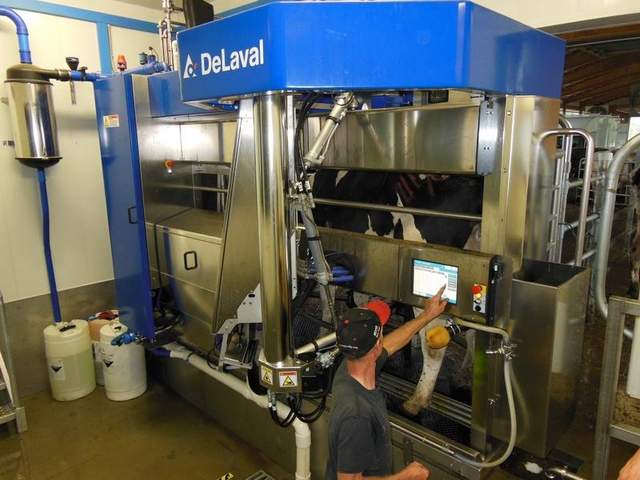Technological unemployment…
Is our current unemployment malaise of cyclical or structural nature? According to Paul Krugman and Joseph Stiglitz the answer is more stimulus, more government printed money washing through the economy as if at a luxury spa where we massage the human wallet; in reality its a sort of trickle down where the parched lips of those at the bottom get to wash down the crumbs with a limited ration of water droplets, hoping no one has spit in the trough. No doubt, technological unemployment is here is to stay in the medium term: robotics and computer software is going to displace millions putting unemployment at approximately Depression era levels; maybe not 1933 but at the 1938-39 level.
It will take a good four or five years for employment to find its niche and adapt but until then we are faced with the prospects of the old Marxists coming out of the closet or grave; the Slavoj Zizek’s Lacaning us to tears,Noam Chomsky gallows do-it-yourself kits, Susan Sarandon showing the flag at an “Occupy” event and Michael Moore or Thomas Friedman waxing eloquent in their 12,000 square foot homes. It could be ugly since there has to be scapegoats to be burned alive. The whole tax or confiscate the 1%, hang the rich, nationalize them into oblivion makes no sense. The extra 50-60 billion$ is chicken feed in an 1.3 trillion$ hole, perhaps symbolic but not significant.

—The long-standing paralysis in Congress over immigration reform has some dairy farmers opting to use robots to deal with a shortage of farm workers.
Cornell University estimates about 30 dairy farms in New York are using European-manufactured robots to milk their herds.
The robots are widely used in Europe. The Netherlands alone has about 2,000 in operation, according to Thomas Maloney, who specializes in farm labor at Cornell’s Dyson School of Applied Economics and Management.
“There are a lot of people who think we need 60,000 to 100,000 more cows in this state,” Maloney said. “If we need extra milk, I think that the two leading options for addressing the labor issue are Latino workers and robotics.”
Dairy farmers who have installed the robots predict their use will grow dramatically, especially in New York, where there’s increasing demand for milk among Greek yogurt processors.—click image for source…
Steve Kroft on Sixty Minutes CBS: ( see link at end)…And it’s not just going on in warehouses. El Camino Hospital in California’s Silicon Valley has a fleet of robots called tugs that ferry meals to patients, medicines to doctors and nurses, blood samples to the lab and dirty linen to the laundry.
A hospital spokesman told us the tugs are supposed to supplement nurses and hospital staff – not replace them. But he also believes that robots and humans working together is the beginning of a new era.
Robots are now wielding scalpels for surgeons, assisting in the most delicate operations — allowing them to see and snip their way through prostate surgeries with minimal damage. And they have begun filling prescriptions in hospital dispensaries and local pharmacies.
Economic evolution has been going on for centuries and society has always successfully adapted to technological change creating more jobs in the process. But Erik Brynjolfsson and Andrew McAfee of MIT think this time may be different.








 COMMENTS
COMMENTS



